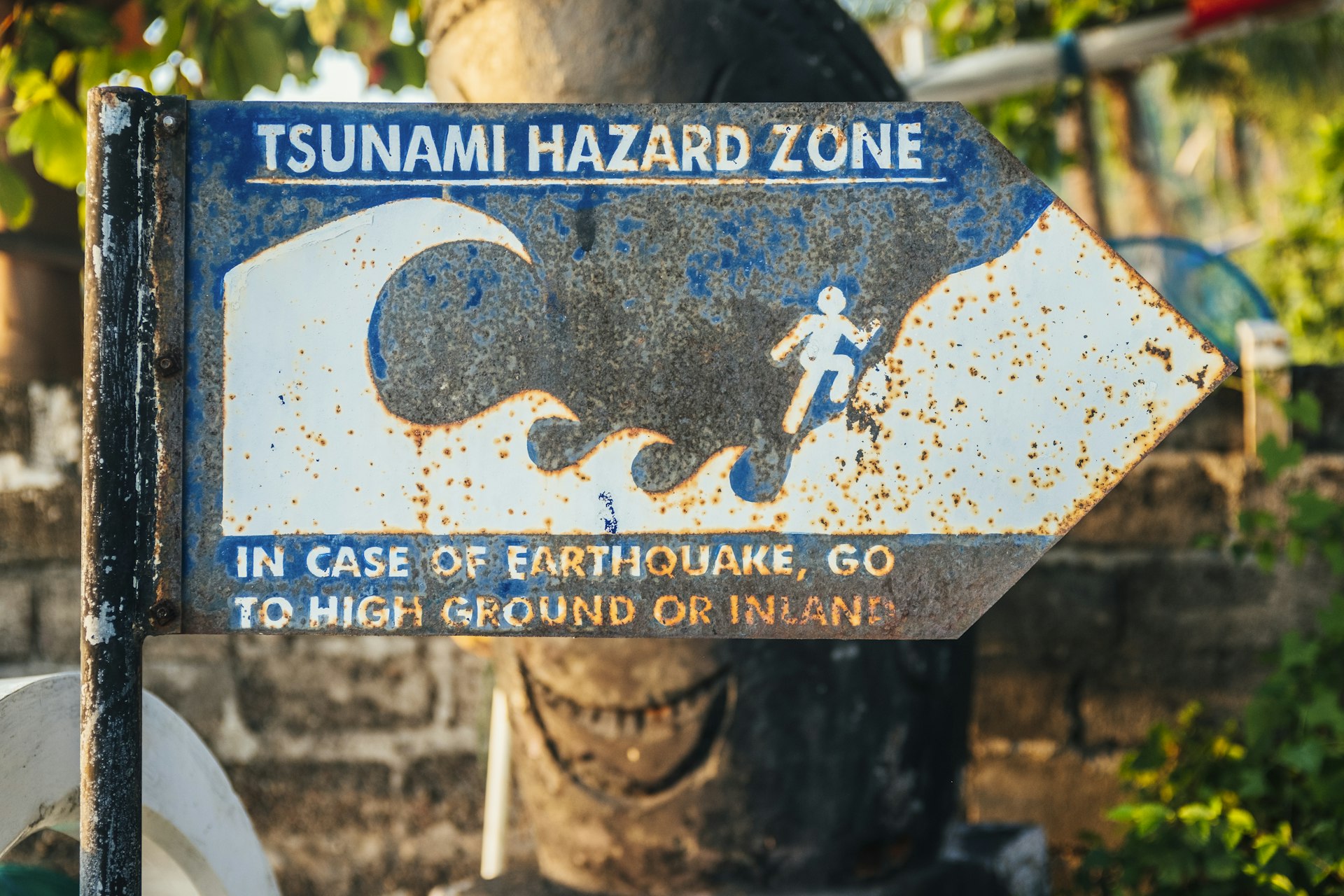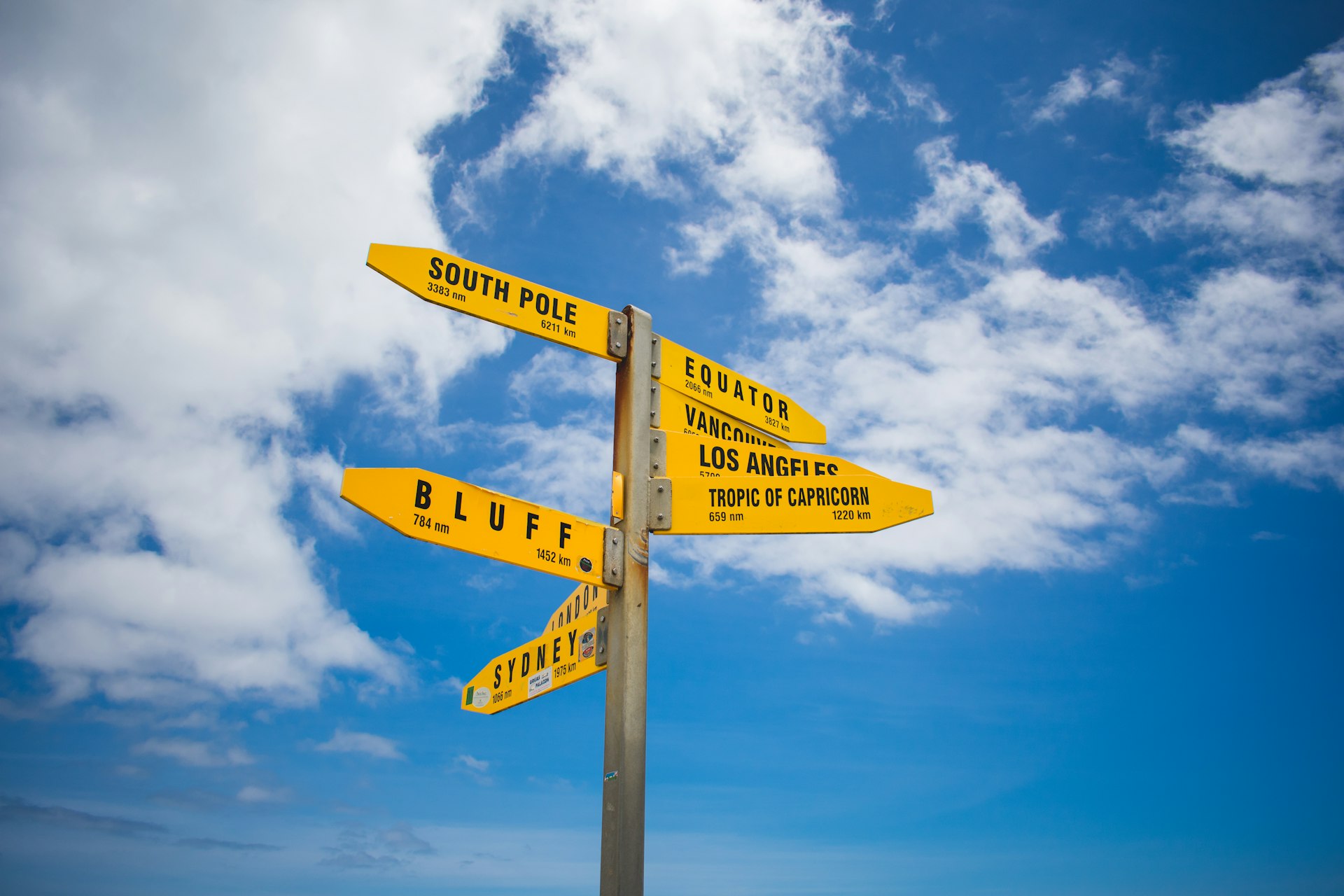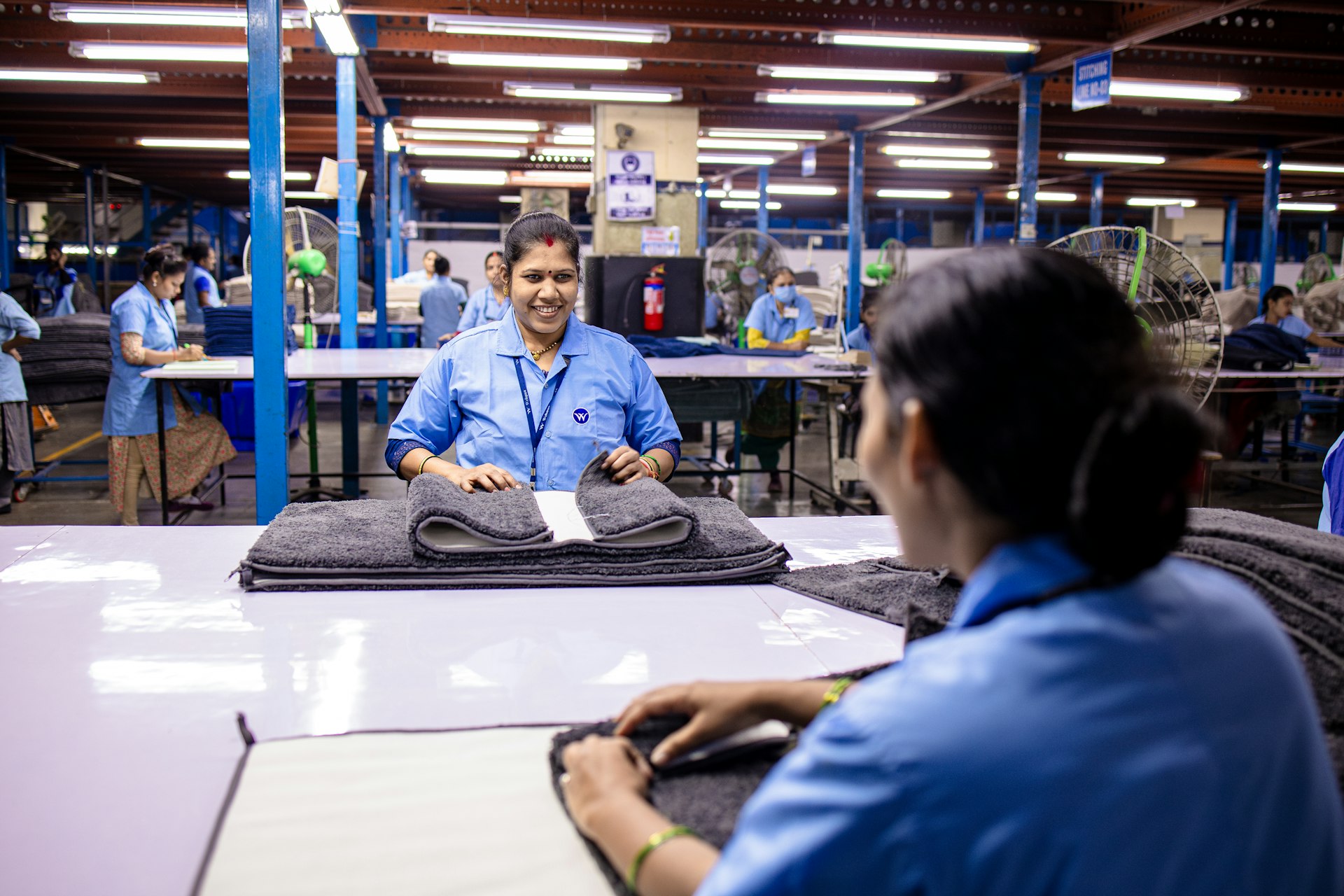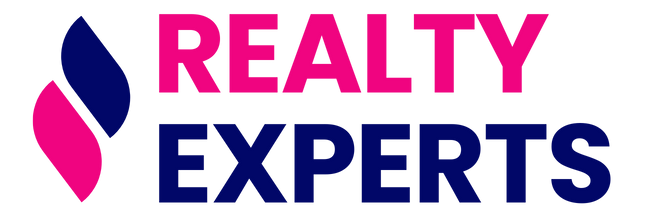Understanding the Ownership of Rovio Entertainment: Who Controls the Angry Birds Franchise?

Photo by Call Me Fred on Unsplash
Introduction: The Changing Landscape of Mobile Gaming Ownership
In recent years, the mobile gaming sector has experienced significant consolidation, with global entertainment giants acquiring innovative studios to expand their reach and capabilities. One of the most notable examples in this trend is the acquisition of Rovio Entertainment, the Finnish developer behind the world-famous
Angry Birds
franchise. This article offers a comprehensive exploration of
who owns Rovio Entertainment
, the strategic motivations behind the deal, the implications for stakeholders, and actionable guidance for those seeking to engage with the company or learn more about mobile gaming industry shifts.
Background: Rovio Entertainment’s Rise and Legacy
Founded in 2003 by three students from the Helsinki University of Technology, Rovio Entertainment quickly rose to international prominence with the breakthrough success of
Angry Birds
in 2009. This mobile game franchise became a global phenomenon, leading to sequels, merchandise, movies, and a wide cultural footprint. Over the years, Rovio built a robust portfolio of development studios and continued to innovate in both mobile and cross-media entertainment
[2]
.
Despite this success, Rovio faced challenges in replicating the scale of
Angry Birds
with new intellectual properties. This dependence on a single brand made the company both a valuable acquisition target and a case study in the volatility of the mobile gaming market
[3]
.
Who Owns Rovio Entertainment Today?
As of August 2023, Rovio Entertainment is wholly owned by Sega Sammy Holdings , a Japanese multinational holding company best known for its video game and entertainment divisions. The acquisition, valued at approximately $776 million USD (or €706 million), was completed in August 2023 after Sega announced its intention to purchase Rovio earlier in the year [1] . Rovio now operates as a subsidiary of Sega Europe, integrating its mobile development expertise and brands into Sega’s global strategy [2] .
For reference, Sega Sammy Holdings is also the owner of several other iconic gaming entities, including the Sonic the Hedgehog franchise. This acquisition strengthens Sega’s presence in the Western mobile games market and adds the
Angry Birds
brand to its portfolio.
Strategic Motivation Behind Sega’s Acquisition
Sega’s leadership highlighted several reasons for acquiring Rovio:
- Expansion into Mobile Gaming: Sega has long sought to boost its footprint in the fast-growing mobile gaming sector, especially outside Japan where it has underperformed relative to competitors [3] .
- Leveraging Rovio’s Technology and Talent: The acquisition provides Sega with access to Rovio’s advanced analytics, live-ops technology (such as the Beacon platform), and mobile development talent across several international studios.
- Cross-Media IP Expansion: Rovio’s experience in turning gaming IP into films, merchandise, and global brands aligns with Sega’s ambitions for cross-media projects.
- Portfolio Diversification: Adding Rovio’s hypercasual and casual games expertise, as exemplified by studios like Ruby Games, gives Sega a new edge in genres where it previously lacked presence.
These strategic motives suggest Sega is positioning itself to launch and support major live-service games and expand established franchises into new markets and media formats [3] .
What This Means for Stakeholders
The acquisition affects a range of stakeholders, from players and developers to investors and industry analysts. Here’s how:
For Players and Fans
Current and prospective players of Rovio games can expect continued support for existing titles and the potential for new cross-media experiences. Sega’s resources may lead to more frequent updates, broader marketing, and the introduction of collaborative events or crossover content between Sega and Rovio properties.
For Developers and Industry Professionals
Those interested in working with Rovio or Sega should monitor company career pages and official announcements for job opportunities. While the acquisition may lead to some restructuring, as is common after such deals, Sega’s stated goal is to invest in Rovio’s talent and technology, potentially increasing hiring in some areas.
If you wish to contact Rovio Entertainment regarding collaborations, partnerships, or employment, it is advisable to visit their official website or LinkedIn page to find current opportunities and contact details. Alternatively, you can search for “Rovio Entertainment careers” or “Sega Europe job openings” for the most up-to-date listings.
For Investors and Analysts
Following the acquisition, Rovio is no longer a publicly traded company, having been delisted from NASDAQ Helsinki. Investors interested in exposure to Rovio’s business must now consider Sega Sammy Holdings, which is publicly traded in Japan. You can find financial disclosures, press releases, and annual reports on Sega Sammy Holdings’ official investor relations website. For reliable information, search for “Sega Sammy Holdings investor relations.”
How to Access Rovio Entertainment Services and Opportunities
For those seeking to engage with Rovio’s services or products, here are practical steps:
-
Playing Rovio Titles:
Rovio’s most popular games, including
Angry Birds
, are available on the App Store, Google Play, and other major mobile platforms. Search for “Angry Birds” or “Rovio” in your preferred app marketplace. - Business Inquiries: For licensing, cross-promotion, or other business partnerships, visit Rovio’s official website and look for the “Contact” or “Business” section. Always verify you are on the official Rovio Entertainment website before submitting sensitive information.
- Press and Media: Journalists should refer to official press releases issued by Sega Sammy Holdings and Rovio Entertainment for the most current news. These can typically be found in the “News” or “Press” section of their official websites.
- Careers: If you are interested in joining Rovio or Sega, regularly check their official career pages for new openings. Search for “Rovio Entertainment careers” or “Sega Europe jobs” to find official listings.
When searching for opportunities or submitting inquiries, always use official company channels. If you are uncertain about a website’s authenticity, you can confirm by cross-referencing with the company’s verified LinkedIn page or by searching for recent news coverage from reputable gaming industry publications.
Case Study: Industry Impact of the Acquisition
The Sega-Rovio deal serves as a prominent example of how traditional game companies are adapting to the mobile-first era. By acquiring Rovio, Sega gains advanced tools for live-ops and analytics, which can be used to support both legacy and new intellectual properties. This strategic alignment mirrors similar moves by other major companies, such as Microsoft’s acquisition of mobile studios to support Xbox Game Pass expansion.
For example, Sega’s access to Rovio’s hypercasual expertise-especially through previously acquired studios like Ruby Games-may enable more rapid prototyping and release of viral mobile titles. This could help Sega drive engagement and brand awareness ahead of larger game launches or media projects. Additionally, the ability to leverage Rovio’s cross-media experience, as seen in the success of
The Angry Birds Movie
, may allow Sega to better compete in the growing market for multimedia franchises.
Alternative Approaches and Industry Outlook
While Sega’s acquisition is a significant move, other companies seeking to expand in mobile gaming may consider:
- Forming strategic partnerships with independent studios rather than pursuing outright acquisitions.
- Investing in internal mobile development teams or technology platforms focused on live-ops and analytics.
- Licensing established brands to third-party developers to increase reach without direct ownership.
Each approach carries unique risks and opportunities, but Sega’s integration of Rovio’s talent and technology demonstrates the potential rewards of a well-executed acquisition strategy.

Photo by mana5280 on Unsplash
Summary and Key Takeaways
To summarize, Rovio Entertainment is now fully owned by Sega Sammy Holdings , with the acquisition completed in August 2023. This move reflects broader industry trends toward consolidation and cross-media brand expansion. For those seeking to access Rovio’s services, products, or opportunities, using official company channels and verified search strategies is the best approach. As the mobile gaming landscape continues to evolve, the integration of Rovio’s capabilities is likely to influence both the development and marketing of new interactive experiences worldwide.
References
MORE FROM realtyexperts.ai













